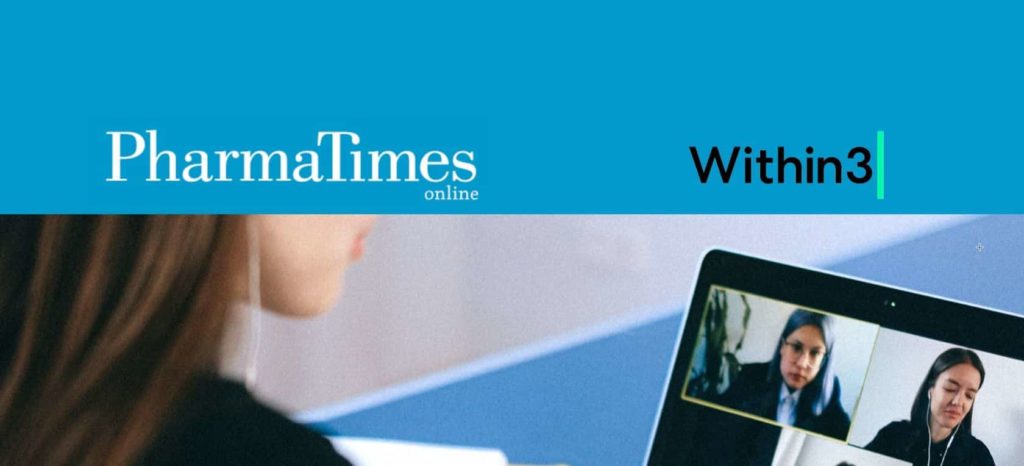In AIthority, Within3 CTO AI and Analytics Jason Smith writes that artificial intelligence (AI) has seeped into nearly every professional field. For many industries, AI is improving workflows and providing access to unprecedented amounts of data – but life science is cautious about adopting new technology. As a result, tools like AI can seem intimidating. However, experts better understand AI and the patient voice.
As life science experts understand more about how AI applications suit essential industry functions, such as insight gathering, how might the technology positively impact patients?
As insights gathering expands to include more channels, our industry is experiencing a significant evolution of the patient voice. Patients are more aware of products on the market, are more curious about how new products can help them, and are passionate advocates for their own health.
However, as the patient voice becomes more amplified, life science teams might wonder how to keep pace with information overload and ensure they’re tapping into the right information. Smith says that life science teams must build social listening strategies to use this data deluge, but they’ll need insights management technology.
Authentically capturing patients’ voices will remain a significant challenge for life science teams. In an era of nearly unlimited information, with patients finding new channels for engagement faster than we can keep up with, AI will be vital for teams to develop drugs for the needs of modern patients. These AI applications can ensure that essential insights don’t fall through the cracks, saving time and giving added security to their decisions.






